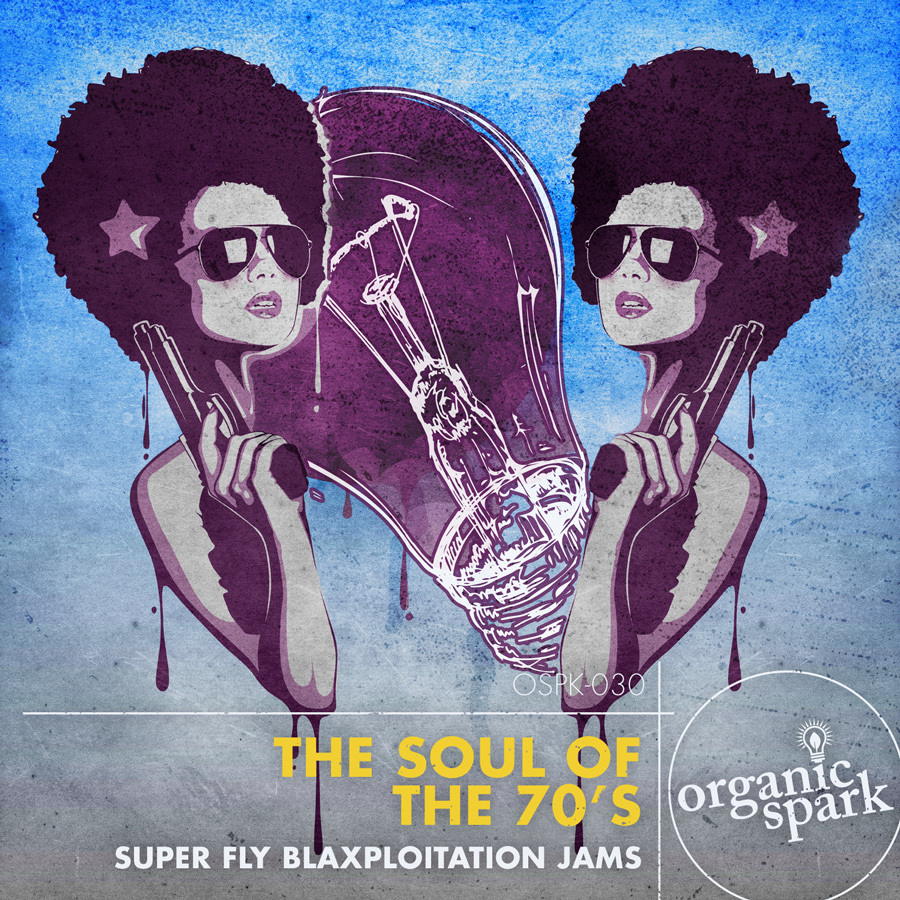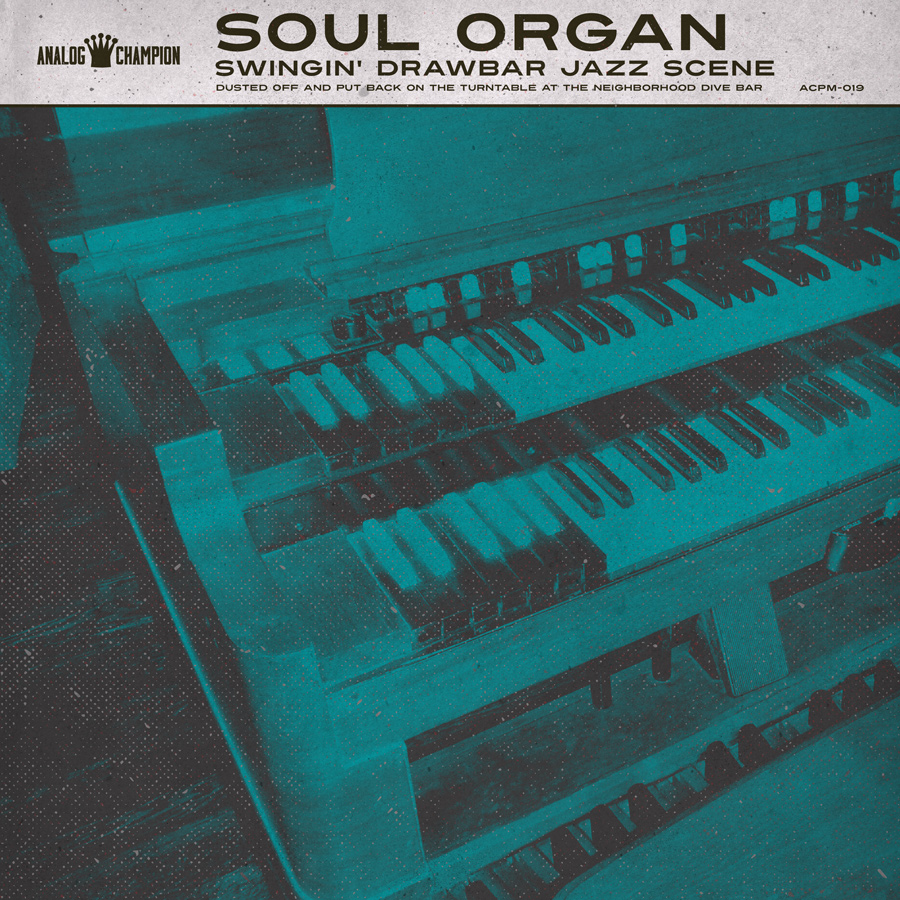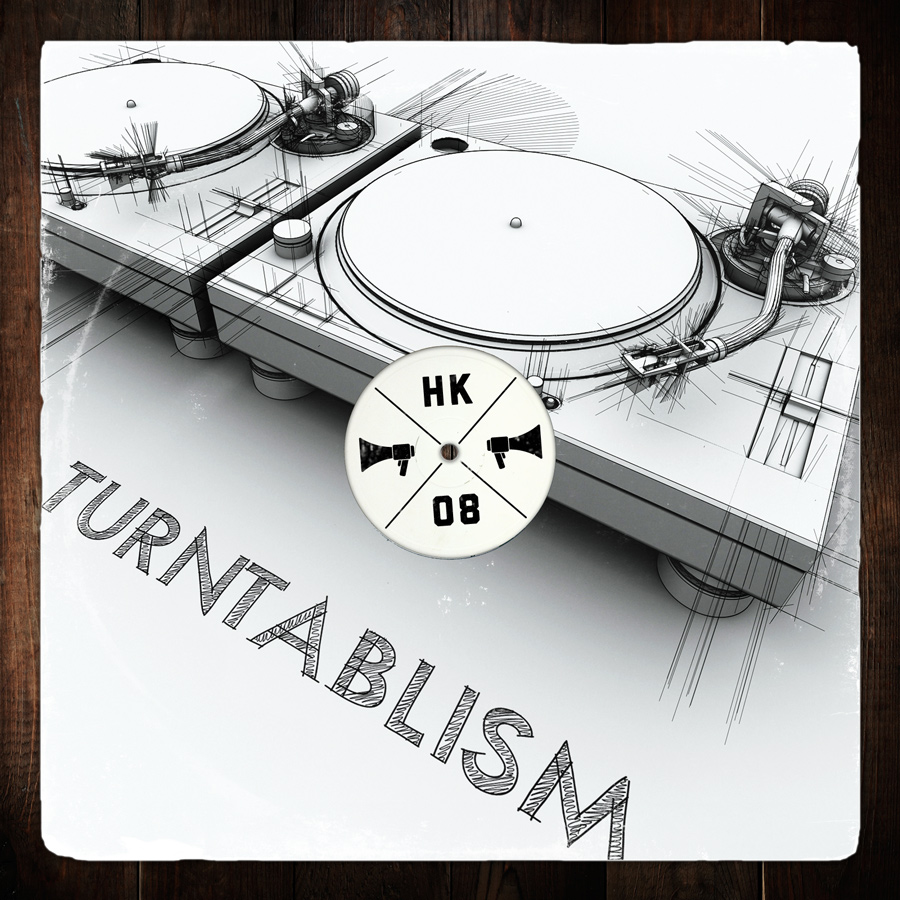Let's Talk About The Library Music Film
(10 min read)
What exactly is library music?
Library music is generally defined as non-commercial music made specifically for use in film, television, or radio broadcasting. For over a century, studio musicians and arrangers around the world have been working on crafting the music that is specifically designed to accompany specific moods, atmospheres, or vibes. In need of the perfect funk instrumental for your 70s cop tv show? Looking for a bombastic introduction for your weekly football broadcast? Searching for that dramatic spare piano piece to underscore your sitcom lead getting their heart broken? Library music has been there for all of these situations and more.
Before the advent of the internet, library music existed solely in a physical form and was unavailable for commercial consumption. If you worked in the industry, you had access to volumes and volumes of LPs from legacy music publishers like KPM, Music De Wolfe, Bruton, and Warner Chappell. Each album focused on a particular style, with individual track titles, track runtimes, and simple descriptions to help the editor or producer find the composition that best suited the mood they were looking to accompany.
For example, on the KPM album entitled Electronic Music, next to the track “Electrodream” is a simple description of “light-flowing-dreamlike.” Doesn’t tell us much, but it says enough to perhaps pique the interest of the user.
For those working with limited resources, using library music recordings (or production music, as it is often called) was more budget-friendly than creating a custom score. And using recognizable or popular commercial music was—and continues to be—almost always a considerable expense. Library music proved to be a less costly alternative that didn’t mean a decrease in perceived production quality… as long as you picked the right music. Many of the players and arrangers working on these recordings were just as musically gifted as their more well-known contemporaries and, in fact, played on those recognizable and popular commercial records. While thousands of library tracks found their way into lower-budget, lesser-known films and tv shows, a handful of compositions would become ubiquitous fixtures in the landscape of popular culture—like the themes for Monday Night Football and People’s Court.
The advent of crate digging and sample culture gave new life to these recordings, many of which were going unused by the early 90s.
Musicians incorporated groundbreaking technology of the time, employing wild effects pedals, analog synthesizers, and tape delays to aid in the evocation of a specific mood. And much like popular music of the era, library music was also a product of the times in which it was created.
Italian library mastermind Piero Umiliani was known for his incredibly bleak and serious creations, shaped by the political turmoil and upheaval that was inescapable in the early 70s. Whether it was the specific tone of a tremolo guitar, the desolate decaying reverb of a snare drum hit or that perfectly dialed in setting on an ARP 2500, these records went above and beyond in their goal of providing their users with the perfect music for most any mood.
But of course, their intended use is only part of the story of library music. The advent of crate digging and sample culture gave new life to these recordings, many of which were going unused by the early 90s. For people who were already having their minds blown by the works of luminaries like David Axelrod and Galt MacDermot, the rediscovery of these records in dusty crates was nothing short of revelatory. Just when they thought they’d heard it all, here came a group of records created by folks like Alan Parker, Keith Mansfield, and Barbara Moore, filled with funky drum breaks, quirky retro synth hooks, and impeccable string arrangements.
The Library Music Film looks at these recordings and the people behind them, uncovering the stories behind some of the genres most beloved tracks and albums. One of Mansfield’s most beloved tracks, “Funky Fanfare,” was scribbled on the back of a pack of cigarettes en route to that day’s session. That perfectly blown out guitar tone on Dave Richmond’s “Confunktion” was simply the sound of a dying battery inside a Foxx Tone Machine. Regardless of how happenstance or improvisational these tracks might have begun, the results were often magical and have proven to be timeless.
The scarcity of these recordings coupled with their truly unique sounds has established a rabid cult following for these works. Creative sample flips by producers like Cut Chemist, Da Beatminerz and Prince Paul turned a whole new generation on to the genius of library music, and what began as wanting to hear the source material eventually grew into a simple realization—these records were just good. Really good. Like the best production music, this reinterpreted work was intended for storytelling in the context of an album but can also stand on its own.
Much like the pioneers of library music featured in this documentary, we aim to take artistic risks with our catalog, and we’re focused on partnering with composers and musicians who emphasize passion in their playing over mere technique.
In 2019, production library music continues to exist as it was originally intended, with modern day composers like Adrian Younge using it prominently as he scores films. It’s become the focus of many a DJ night, with crate diggers pooling together their collections of these rare gems to share with anyone who’s willing to listen, such as our friends at Rendezvous in LA. It also continues to be created, with musicians like library music expert Shawn Lee (who co-produced and hosts The Library Music Film) continuing to keep the style and sound of classic library music alive. And then, of course, there’s all of us here in The License Lab extended family.
Much like the pioneers of library music featured in this documentary, we aim to take artistic risks with our catalog, and we’re focused on partnering with composers and musicians who emphasize passion in their playing over mere technique. Take our Analog Champion label for example… with albums like Yacht Rock, Gypsy Folk, and Soul Organ, each was created using vintage and retro techniques by live musicians to fully capture the spirit of these diverse genres. The easiest path doesn’t always yield the best results. You have to know how to utilize the infinite options at your fingertips. And boy do we love tubes. These are things in which we believe.
Just as library music fans dig through crates filled with aged vinyl searching for that diamond in the rough, we intend to keep making all manner of handcrafted sonic inspiration for the next generation of independent filmmakers, storytellers, advertising professionals, and visual creatives. We look to honor the legacy of those who came before us as we help to create the sound of your next story.
You can now rent or buy The Library Music Film on Amazon and iTunes now.





